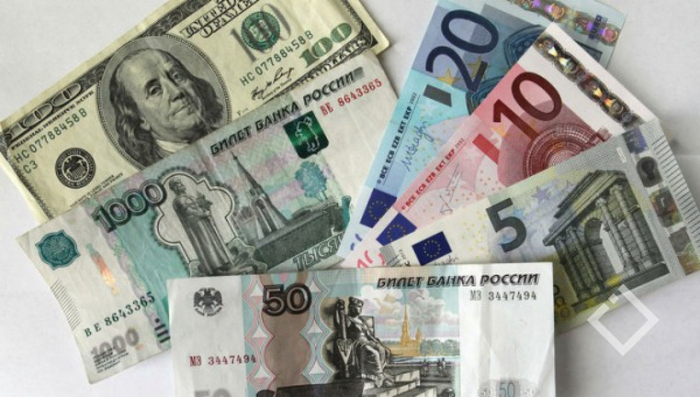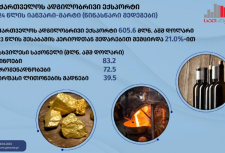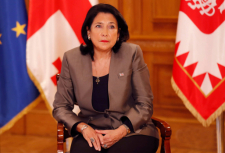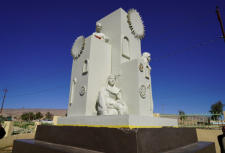Study: Russians convert rubles into dollars in Georgia and sell them on the "black market"

Russian citizens began to send rubles to Georgia, convert them into US dollars and sell them on the "black market" in Russia. This conclusion is given in a study by the consulting company PMCG.
We are talking about the report of the PMC RC research Center "Economic Climate of Georgia". In this newsletter, which is based on the methodology of the Ifo Institute, the economic climate of Georgia is discussed according to the assessment of Georgian economists. The project involves 60 experts from Georgia. The survey was conducted in September 2022.
Economists assessed possible reasons for the increase in remittances coming to Georgia from Russia.
According to statistics, in the first 8 months of 2022, remittances received from Russia increased by 266% compared to the corresponding period of 2021 and amounted to $0.96 billion, which is 40% of the total amount of remittances received in that period.
The reason for this increase, experts believe arbitration (earnings on the price difference-NG), which is associated with sanctions imposed on Russia.
The fact is that in Russia, limited access to the US dollar affected the exchange rate of the ruble, which led to a discrepancy between the official exchange rate of the ruble and the “black market” rate.
Because of this, a significant part of Russian citizens sent money to Georgia in the form of rubles, then converted them into US dollars, returned dollars to Russia to sell on the "black market" in order to make a profit.
56% of the surveyed economists believe that this arbitration may be the reason for the increase in remittances received from Russia and this process may cause a delay in the growth of the Georgian economy.
At the same time, 32% believe that the National Bank of Georgia should try to stop this arbitration and the remaining 24% believe that the intervention of the National Bank is not necessary, since the process will be regulated by itself.
"Another 28% of economists surveyed do not consider arbitration to be the reason for the increase in remittances at all", the study says.
Tags:
Study: Russians convert rubles into dollars in Georgia and sell them on the "black market"

Russian citizens began to send rubles to Georgia, convert them into US dollars and sell them on the "black market" in Russia. This conclusion is given in a study by the consulting company PMCG.
We are talking about the report of the PMC RC research Center "Economic Climate of Georgia". In this newsletter, which is based on the methodology of the Ifo Institute, the economic climate of Georgia is discussed according to the assessment of Georgian economists. The project involves 60 experts from Georgia. The survey was conducted in September 2022.
Economists assessed possible reasons for the increase in remittances coming to Georgia from Russia.
According to statistics, in the first 8 months of 2022, remittances received from Russia increased by 266% compared to the corresponding period of 2021 and amounted to $0.96 billion, which is 40% of the total amount of remittances received in that period.
The reason for this increase, experts believe arbitration (earnings on the price difference-NG), which is associated with sanctions imposed on Russia.
The fact is that in Russia, limited access to the US dollar affected the exchange rate of the ruble, which led to a discrepancy between the official exchange rate of the ruble and the “black market” rate.
Because of this, a significant part of Russian citizens sent money to Georgia in the form of rubles, then converted them into US dollars, returned dollars to Russia to sell on the "black market" in order to make a profit.
56% of the surveyed economists believe that this arbitration may be the reason for the increase in remittances received from Russia and this process may cause a delay in the growth of the Georgian economy.
At the same time, 32% believe that the National Bank of Georgia should try to stop this arbitration and the remaining 24% believe that the intervention of the National Bank is not necessary, since the process will be regulated by itself.
"Another 28% of economists surveyed do not consider arbitration to be the reason for the increase in remittances at all", the study says.
Tags:

























